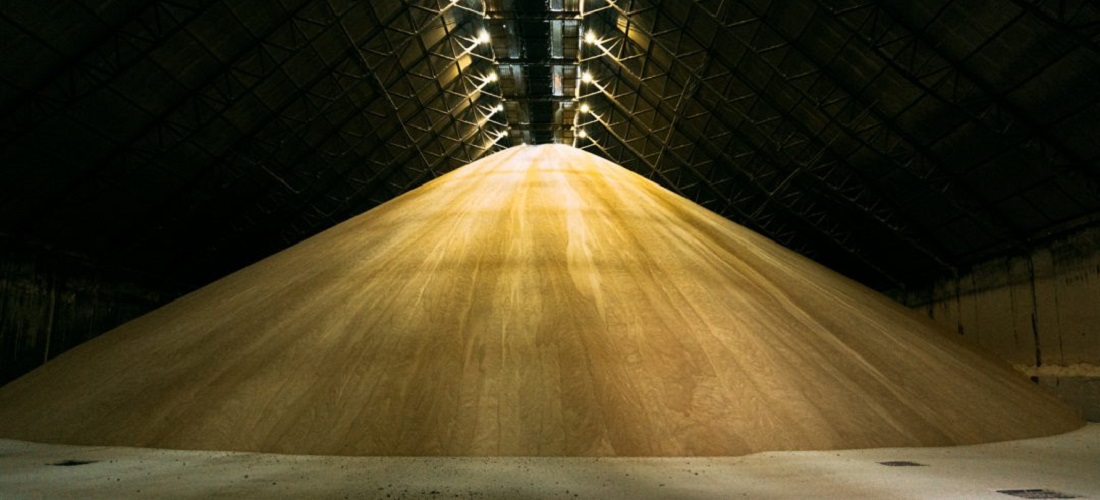
Indian sugar export subsidies
Aug, 30, 2019 Posted by Sylvia SchandertWeek 201936
The Sugarcane Industrial Union (UNICA) repudiates the Indian government’s initiative to establish new sugar export subsidies for the 2019/2020 harvest, which begins in October. The Union considers that the measure hurts free competition of the international sugar market.
“The Indian policy is unsustainable in the long run and the local government needs to review its sugarcane strategy. The Brazilian productive sector seeks only to respect the rules established by the WTO so that all producing countries can compete fairly in an international scenario that follows market precepts”, evaluates Evandro Gussi, president of UNICA. “We are being punished for our efficiency,” he adds.
India’s government announced on Wednesday (28/08), the creation of a new export subsidy for sugar for the 2019/2020 harvest, which begins in October. The benefit will be of 10,448 rupees (US$146.14) per ton in the 2019-20 harvest (October-September), for the volume of 6m tons, which will represent a public spending of 62.68bn rupees (US$876.74mn). The aim is to settle surplus domestic inventories and help mills reduce delays in sugarcane production. 70
“In practice, it means that we will have another international crop cycle with artificially distorted prices, harming thousands of producers from different countries,” says the Executive.
The Indian government’s subsidies for sugar cane production and sugar exports are being questioned by the governments of Brazil, Australia, and Guatemala in three panels at the World Trade Organization (WTO) for violating the rules set by the agency that must be followed by the member countries. However, as long as the panels are not completed, the country can continue to set its policies without retaliation.
India’s sugar strategy has been of great concern to all producing and exporting countries. In mid-2018, the country announced a package of support measures for local producers and export subsidies for up to 5m tons of sugar, which increased the fall in international prices of the product. In 2018, sugar had the lowest prices in the last 10 years, with a price drop of 30% over 12 months.
According to estimates made by UNICA, in this last season alone, the Indian policy was responsible for a loss of more than US$1.2bn for Brazilian sugar producers.
-
Trade Regulations
Jan, 31, 2019
0
India plans to triple exports to Argentina
-
Meat
Apr, 26, 2019
0
JBS sells Brazil’s first ever chicken cargo to India
-
Sugar and Ethanol
Jul, 15, 2019
0
India to keep export subsidies for sugar
-
Sugar and Ethanol
Aug, 14, 2019
0
Sugar subsidies could motivate WTO dispute against India


